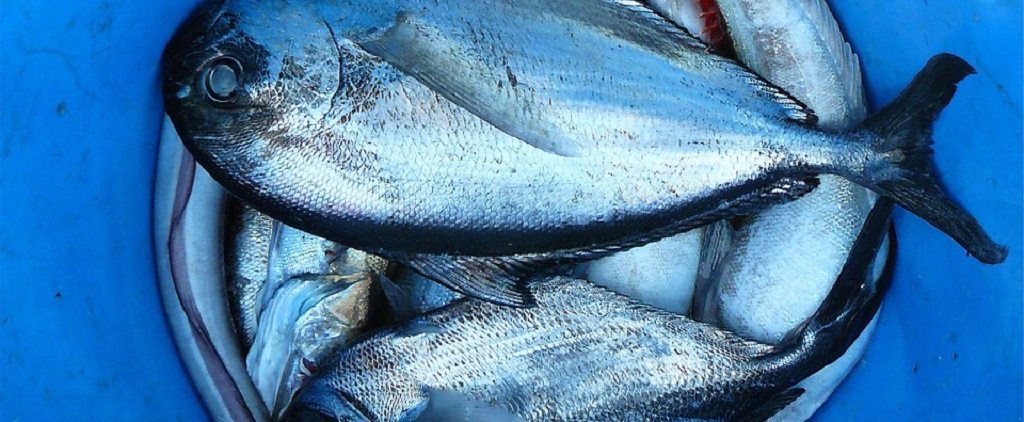[dropcap style=”font-size:100px; color:#992211;”]I[/dropcap]t’s already linguisitcally loaded: fish oil versus lard.
On one side, it’s all green tea and rice noodles; gluten-free pomegranate sorbets chosen from the daily specials chalkboard. On the other side, charged as it is with social stereotyping, it’s greasy pork pies and Bernard Manning.
Yes, it turns out that fish oil is better for you than lard. But who really wants that iodine tang of the seashore as an aftertaste to their sneaky Jelly Baby or marshmallow habit?
A diet high in saturated fat can make your brain struggle to control what you eat, says a new study in Frontiers in Cellular Neuroscience.
If people are looking to lose weight, stay clear of saturated fat. Consuming these types of fatty food affects a part of the brain called the hypothalamus, which helps regulate hunger.
The fat causes inflammation that impedes the brain to control the food intake. In other words, people struggle to control how much they eat, when to stop and what type of food to eat – symptoms seen in obesity.
The study found, through tests in rats, that a meal rich in saturated fat, reduces a person’s cognitive function that make it more difficult to control eating habits.
“These days, great attention is dedicated to the influence of the diet on people’s wellbeing. Although the effects of high fat diet on metabolism have been widely studied, little is known about the effects on the brain;” explained Professor Marianna Crispino and Professor Maria Pina Mollica from the University of Naples Federico II.
A diet rich in fat can take different forms and in fact, there are different types of fats. Saturated fats are found in lard, butter or fried food. Unsaturated fats are rich in food such as fish, avocado or olive oil.
Consuming fish oil instead of lard makes a significant difference. The research shows that brain function remains normal and manages to restrain from eating more than necessary.
“The difference was very clear and we were amazed to establish the impact of a fatty diet onto the brain. Our results suggest that being more aware about the type of fat consumed with the diet may reduce the risk of obesity and prevent several metabolic diseases”, concludes Professor Crispino.
Source: Eurekalert/Frontiers
Image: Pixabay/Survivor

Some of the news that we find inspiring, diverting, wrong or so very right.




















